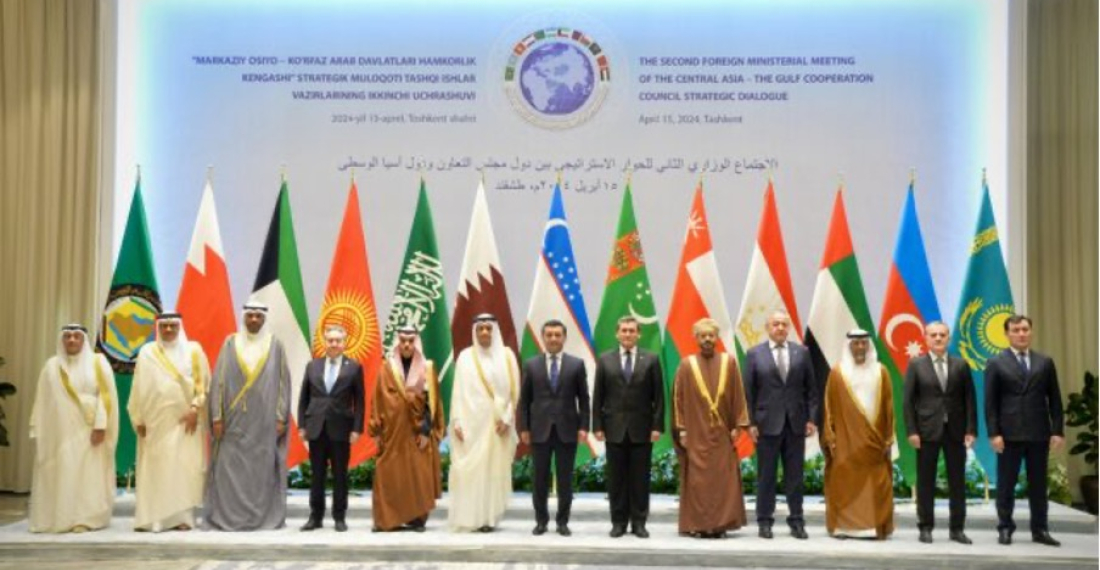Those who know their political geography will tell you that there are five countries in Central Asia: Kazakhstan, Kyrgyzstan, Tajikistan, Turkmenistan and Uzbekistan. But in the last two years, a new kid has appeared on the block. Azerbaijan is not usually described as a Central Asian country: Caucasus or Caspian are more likely labels, but recently one could spot Azerbaijan in key summits and meetings of the Central Asian republics, including those with other blocs, such as the Gulf Co-operation Council. Two things are driving this process.
Azerbaijan is going through some identity crisis. Post-independence Azerbaijan in the 1990s identified itself as a European country, joining the Council of Europe and participating in other European fora. Formally this remains the case but the Azerbaijani leadership is disillusioned by European criticism of its domestic politics and governance, and the lack of European support of Azerbaijani core issues, such as until recently the Karabakh question. Whilst already having very strong relations with Turkey, Azerbaijan has in the last two years been highlighting its pan-Turkic identity. We have only one family, President Ilham Aliyev said recently, and this is our Turkic family. So, Aliyev can be seen participating comfortably these days at Central Asian summits, at which he is described as an honoured guest. His ministers have now started attending similar meetings. This is apart from meetings of the Turkic States organisation, which includes Turkey. This week, Azerbaijani foreign minister Jeyhun Bayramov was in Doha attending a GCC – Central Asia Ministerial meeting. Bilateral contacts between Baku and the five Central Asian states have in the last year been intense. Azerbaijan sees in these relations not only familial solidarity, but also economic benefit.
Which brings us to the second point. The five Central Asian countries see Azerbaijan as a way to the outside world that does not have to go through Russia or China. For them this relationship is strategic, and they are ready to welcome Azerbaijan in their midst with pleasure.
Where this will end is not clear. Azerbaijan may be Turkic and Muslim, like most Central Asia republics; but it also has a different identity resulting from its location in the Caucasus flanked by Iran, Russia and Turkey. Its elite generally consider themselves European, and in Baku one is often lectured on the European vision and principles of the founders of the Azerbaijan Democratic Republic in 1918.
So far Azerbaijan has happily juggled all its cards, projecting a uniqueness which has become part of its national narrative. How it will fit in Central Asia in the future is yet to be seen.







